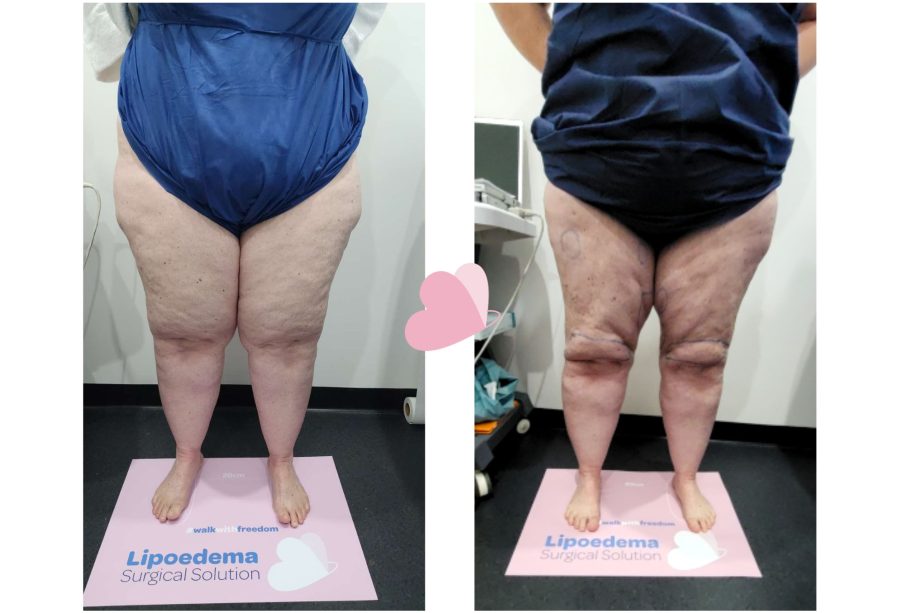Understanding Lipoedema: A Growing Health Concern

Introduction to Lipoedema
Lipoedema is a chronic condition characterized by an abnormal accumulation of fat, primarily in the legs, thighs, and buttocks. It predominantly affects women and is often misdiagnosed as obesity or lymphedema. Awareness of lipoedema is crucial as it can significantly affect both physical health and emotional well-being.
What Causes Lipoedema?
The exact cause of lipoedema remains unclear, but several factors may contribute to its development. Hormonal changes, genetics, and inflammation are believed to play a significant role. Many women report that symptoms began after puberty, pregnancy, or menopause, suggesting that hormonal fluctuations may trigger the condition. Research indicates that lipoedema can run in families, highlighting the potential genetic link.
Recognising the Symptoms
Symptoms of lipoedema can include:
- Symmetrical swelling of the legs and buttocks
- Easy bruising
- Discomfort or pain in affected areas
- Development of varicose veins
Unlike obesity, lipoedema usually does not respond to diet or exercise, making it a unique and challenging condition to manage. Many individuals with lipoedema also experience mobility issues and emotional distress due to body image concerns.
Current Treatment Options
There is currently no cure for lipoedema, but several treatment options can help manage symptoms:
- Compression therapy: Wearing specially designed garments can help reduce swelling and improve mobility.
- Liposuction: Surgical removal of excess fat may be considered for those with more advanced lipoedema, often yielding significant improvements in symptoms.
- Manual lymphatic drainage (MLD): A specialised massage technique aimed at reducing swelling can be beneficial.
- Exercise and diet: While not effective in reducing lipoedema fat, maintaining a healthy lifestyle can improve overall well-being.
Conclusion: The Importance of Awareness
With growing recognition of lipoedema, it becomes increasingly important for healthcare professionals and patients to understand the condition, its implications, and care options. Early diagnosis can lead to better management, ultimately improving the quality of life for those affected. The call for more research is critical in uncovering the underlying mechanisms of lipoedema and developing effective treatments that not only alleviate physical symptoms but also support the emotional health of individuals living with this complex condition.









